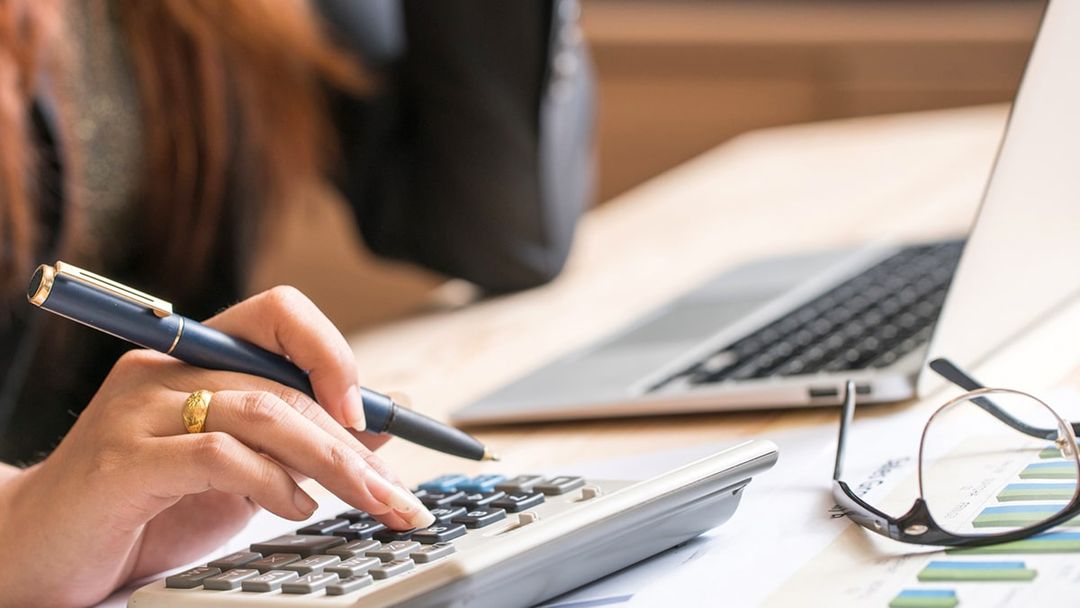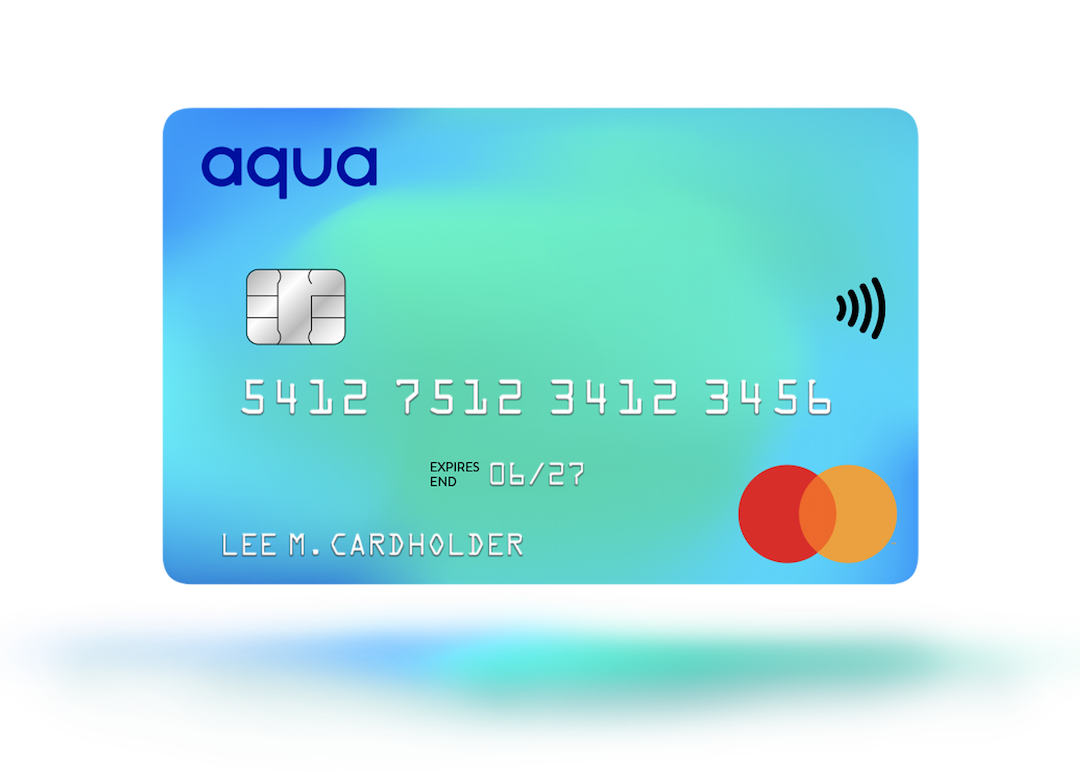Saving to pay off debts
Gain actionable tips on how you can save to pay off your debts alongside balancing your existing spending.

When it comes to deciding whether to save money or pay off your debts bit by bit, it can sometimes feel like a case of chicken or egg: which to do first? Saving up to do things alongside existing expenses and debt whilst also trying to enjoy everyday life can be hard, but it's not impossible. At Aqua, we're here to help. In this guide we explore the possible routes to a debt-free future, and how to decide if saving up to pay off your debts makes sense for you.
Being in debt and saving
With the expenses of daily life mounting up, managing debt is more common than you might think. Even so, being in debt can feel stressful, especially if you're having to juggle multiple expenses at once.
There are a number of measures you can take to ease the pressure and work towards becoming debt free. One of them is saving to pay off your debts – but this approach only makes sense in certain financial situations.
Does saving to pay off debts make financial sense?
If your debts have early repayment charges, making minimum payments and saving to clear them in full when these charges no longer apply may make sense. But if there are no early payment charges and high interest rates, repaying larger sums sooner or the full amount if you can could save you money in the long run.
As you save, you may earn interest on your savings if your account offers this. Check that your personal savings allowance means you won't be charged more tax on your savings than the fee you would incur repaying your debt early.
You could find that the rate of interest on your debts is higher than interest you would earn on savings of an equivalent amount. For example, interest charged on £1,000 of debt is usually higher than interest earned on £1,000 of savings in a year.
For this reason, many people in debt find that saving to pay off their debts does not make financial sense. The interest rates charged on their debts would mean that they'd pay more in interest over the course of a year than they would earn in interest on their savings.
How to decide if saving to pay off debts is right for you
Ask yourself these questions to decide if saving to pay off debts makes financial sense for you:
- Does paying off your debt early mean you will incur a penalty charge?
- Does your personal savings allowance mean you won't pay tax on your savings?
- Is the interest rate charged on your debt lower than the rate you would earn on your savings?
If the answer to one or more of these questions is yes, saving to repay your debts may make financial sense for you. But the three questions need to be considered together.
Your answers will help you decide whether repaying your debts as soon as possible will save you money, or if saving to clear them is more cost effective. The answer may be different for everyone, so try not to be swayed by advice from those who don't know your situation.
Prioritising and calculating debts
If you're planning to save to repay your debts, it helps to know exactly what you need to repay and which debts are most pressing, so it's a good idea to prioritise and calculate your debts, and try to pay off the debts that are accruing the highest rates of interest first.
Creating a budget
Next, get yourself organised by creating a budget. You may feel like you already know what you need to spend and save but writing your budget down will likely make things clearer and helps you to manage your finances more effectively.
To create a budget that will help you save to repay your debts:
- Work out your total monthly income and consider practical ways to increase it.
- Note down all your monthly outgoings and consider ways to reduce it.
- Set an amount you can realistically save each month.
Your monthly outgoings need to include all of your minimum debt repayments. While you're saving to clear your debts in full you still need to keep up monthly repayments so getting this down will help you keep track.
Working out what you can save
Working out what you can save is an important part of creating your budget.
As well as looking at the non-essentials you could cut back on to save the pennies (such as coffee or eating out) it's important to budget for unexpected expenses. If you save too much and are putting your savings somewhere you can't immediately access them, you may find yourself short at the end of the month.
If you don't save enough, it could take an extra-long time before you're able to make any headway on paying off your debts.
Getting the balance right
Saving to repay debts is not always so simple. As well as the financial implications, it's important to consider how it will affect your lifestyle and wellbeing.
Are you still able to enjoy evenings out with friends? Have you budgeted enough for fitness activities? Have you budgeted enough for unexpected costs that you or your family may incur, such as vehicle repairs or vet's bills?
It's important to be realistic and get the balance right, and make sure the budget you set has enough flexibility to allow you to still live well whilst working towards a debt-free future. What this means for every person or family is a different.
Failure to make payments on time or to stay within your credit limit means that you will pay additional charges and may make obtaining credit in the future more expensive and difficult.
Contributors

Sharvan Selvam
Sharvan is Commercial Director at Aqua.

Vanessa Stewart
Vanessa is an editor at Aqua.
You might also like
Slide 1 of 3
How to budget effectively
Find out how to keep on top of your finances and become a budgeting pro.
Sharvan Selvam

Dealing with money worries
Find out how to deal with debt stress and money worries in a practical way.
Victoria Smith

Everyday budgeting
Budgeting bills and everyday budgeting tips.
Sharvan Selvam
The smart way to build better credit
Aqua is the credit card that gives you the power to improve your credit score
